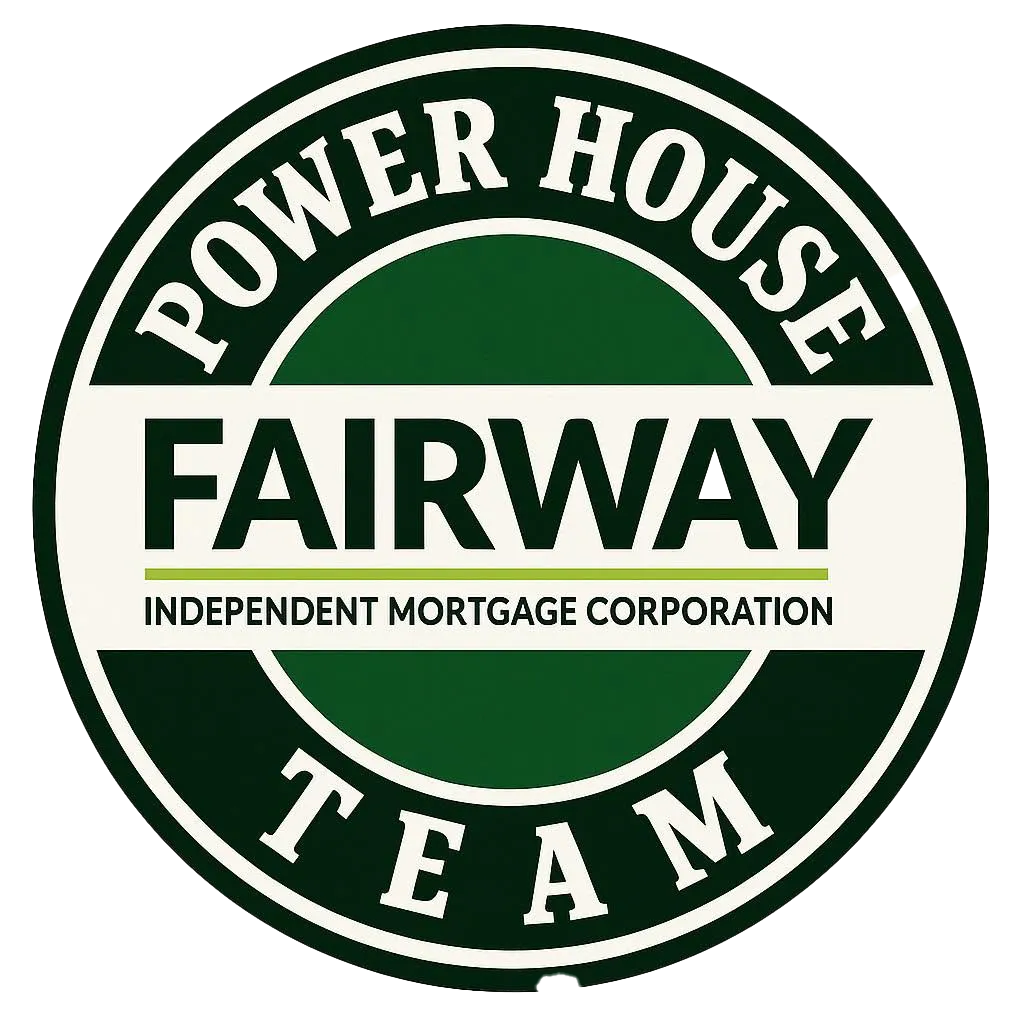The Powerhouse Team is here for you!
WHAT’S THE BEST
Start The Process Here
Experience a quick, hassle-free mortgage pre-approval process. Schedule a time on the left or request contact from our team!
Mortgage Pre-Approval
Let's get you qualified for a mortgage.
House Shopping
Let's send you home shopping with one of our trusted referral partners.
Closing
Get the keys to your dream home.
OUR TEAM
Chris Valenzuela
Branch Manager
Claudia Valenzuela
Executive Assistant
Adrian Ruiz
Loan Officer
Alina Alexandroff
Loan Processor
Adam Federico
Loan Officer
Ryan Smith
Loan Officer
Financing a home is one of the biggest commitments you will ever make - let us help guide you throughout the entire loan process from application to closing and beyond. We look forward to putting our mortgage service to work for you!
Here are 5 frequently asked questions a homeowner would want to know when getting a mortgage.
1. What's the difference between being pre-qualified and pre-approved?
Pre-qualification is a quick, informal estimate of how much you might be able to borrow. It's based on self-reported financial information like your income and debts. It can be done online or over the phone in minutes and gives you a general idea of your borrowing power. It does not involve a credit check or verification of your finances.
Pre-approval is a much more formal and reliable process. You will complete a full mortgage application and provide the lender with financial documents (like pay stubs, W-2s, bank statements). The lender will verify your information and perform a hard credit inquiry. If you meet their criteria, they will issue a pre-approval letter stating a specific loan amount you are approved for, contingent on the property appraisal and final underwriting. A pre-approval letter shows sellers you are a serious, financially capable buyer.
2. How much of a down payment do I really need?
The long-standing "rule" of needing a 20% down payment is a common misconception that stops many people from considering homeownership. While a 20% down payment has benefits, many loan programs require significantly less.
Conventional Loans: It's possible to get a conventional loan with as little as 3% down, especially for first-time homebuyers.
FHA Loans: These government-insured loans are popular with first-time buyers and require as little as 3.5% down.
VA Loans: For eligible veterans, active-duty service members, and surviving spouses, VA loans often require $0 down.
USDA Loans: For homes in eligible rural and suburban areas, USDA loans also offer a $0 down payment option.
The primary benefit of putting 20% down is that you avoid paying Private Mortgage Insurance (PMI), which is an extra monthly fee that protects the lender in case you default on the loan.
3. What is the difference between a fixed-rate and an adjustable-rate mortgage?
This is a core decision that affects your monthly payment and the total cost of your loan.
A Fixed-Rate Mortgage has an interest rate that is locked in for the entire life of the loan (commonly 15 or 30 years). Your principal and interest payment will remain the same every month, providing predictability and stability. This is the most popular choice for homeowners who plan to stay in their home for many years.
An Adjustable-Rate Mortgage (ARM) has an interest rate that can change over time. It typically starts with a lower "introductory" fixed rate for a set period (e.g., 5, 7, or 10 years). After this period, the rate adjusts periodically (e.g., once a year) based on a specific market index. An ARM might be a good option if you plan to sell the home before the introductory period ends or if you expect interest rates to fall in the future.
4. Besides the down payment, what are closing costs?
Closing costs are the fees paid at the end of the mortgage process to finalize the real estate transaction and your loan. They are a significant expense that buyers must budget for. These costs are separate from your down payment and typically range from 2% to 5% of the home's purchase price.
Closing costs can include a variety of fees, such as:
Lender Fees: Loan origination, application, and underwriting fees.
Third-Party Fees: Appraisal fee, credit report fee, flood certification, and title insurance.
Prepaid Items: Homeowner's insurance premiums, property taxes, and prepaid daily interest until your first full mortgage payment is due.
Your lender must provide you with a Loan Estimate after you apply and a Closing Disclosure three business days before you close, which will itemize all of these costs.
5. How is my interest rate determined?
Your mortgage interest rate is not a one-size-fits-all number; it's personalized based on a combination of market forces and your individual financial profile.
Factors you can control:
Credit Score: This is one of the most important factors. A higher credit score signals to lenders that you are a low-risk borrower, which typically qualifies you for a lower interest rate.
Down Payment / Loan-to-Value (LTV) Ratio: A larger down payment reduces the lender's risk. The Loan-to-Value ratio is calculated as LTV=Home ValueLoan Amount. A lower LTV (meaning a larger down payment) often results in a better rate.
Loan Type and Term: A 15-year loan typically has a lower interest rate than a 30-year loan. The type of loan (e.g., Conventional, FHA, ARM) also affects the rate.
Factors you cannot control:
The Economy and Market Conditions: Lenders base their rates on broader market trends, inflation, and actions by the Federal Reserve. This is why rates can change daily. When you are ready, you can ask your lender to "lock" your rate for a set period while your loan is finalized.
What our customers say about us!

Reynaldo
Home Owner
customer service was beyond amazing! Chris and his team went out of their way to make sure the process was as planless as possible!

Grecia
Home Owner
Chris and team helped us buy our first home and made the whole process smooth and enjoyable. We’re so grateful for their support and guidance

Sergio
Home Owner
Chris is very knowledgeable and made me feel comfortable and prepared with our home purchase.
Office: 8350 E. Zemsky St. Tucson, AZ 85710
Call (520) 310-5911
Email: [email protected]
Site: www.powerhouse.loan

LEGAL
© Copyright 2025 Master of Me, LLC All rights reserved
